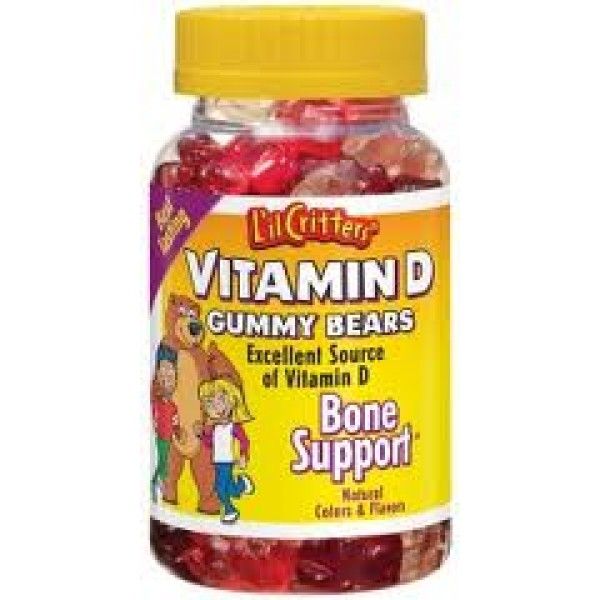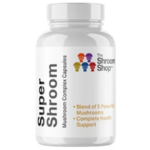In today’s world, where health and wellness are paramount, understanding vitamin labels is crucial for making informed decisions about supplements. Whether you’re looking to support your overall health, fill nutrient gaps, or address specific health concerns, decoding these labels empowers you to choose products that align with your needs and preferences. This guide will walk you through everything you need to know about reading and understanding vitamin labels effectively.
Why Understanding Vitamin Labels Matters
Vitamin labels provide essential information about the contents, dosage, and quality of supplements. By deciphering these labels, you can:
- Ensure you’re getting the right nutrients in the right amounts.
- Avoid unnecessary or potentially harmful ingredients.
- Compare different products to find the most suitable one for you.
- Make informed decisions based on your dietary needs and health goals.
Key Components of Vitamin Labels
When examining a vitamin label, several key components can help you assess the product’s quality and suitability:
- Product Name and Brand: Identifies the specific supplement and its manufacturer.
- Supplement Facts: Provides a detailed list of nutrients and their amounts per serving.
- Ingredients List: Lists all ingredients present in the supplement, including fillers and additives.
- Daily Value (DV): Indicates the percentage of each nutrient provided by one serving in relation to daily recommended amounts.
- Other Ingredients: Includes non-active components such as binders, fillers, and flavorings.
- Allergen Information: Alerts consumers to potential allergens present in the product.
- Storage Instructions: Advises on how to store the supplement to maintain its potency.
- Expiration Date: Indicates the date until which the product is expected to remain effective.
- Manufacturer Information: Provides contact details for the company responsible for the supplement.
- Certifications: Indicates third-party testing or quality assurance seals that verify the supplement’s purity and potency.
FAQs About Vitamin Labels
How can I tell if a vitamin label is accurate
The accuracy of a vitamin label can be verified by looking for third-party certifications such as NSF International, USP Verified, or ConsumerLab.com. These certifications ensure that the product has been independently tested for purity, potency, and accuracy of label claims.
What does “% Daily Value” mean on a vitamin label
The “% Daily Value” (%DV) on a vitamin label indicates how much of a specific nutrient one serving of the product provides in relation to the daily recommended intake. It helps consumers understand the contribution of that nutrient towards their daily dietary needs.
Are there differences between “Supplement Facts” and “Nutrition Facts” labels
Yes, “Supplement Facts” labels are specific to dietary supplements and provide information on vitamins, minerals, and other ingredients. “Nutrition Facts” labels, found on food products, focus on nutrients like calories, fat, carbohydrates, and protein.
How do I interpret the serving size on a vitamin label
The serving size on a vitamin label tells you the amount of the product considered one serving. All nutrient amounts listed on the label, including %DV, correspond to this specified serving size. It’s important to match this serving size to your personal dietary needs.
What are “Other Ingredients” on a vitamin label
“Other Ingredients” on a vitamin label refer to non-active substances used in the supplement, such as binders, fillers, preservatives, or flavorings. They play a role in the supplement’s formulation but do not provide nutritional value.
How do I know if a vitamin label includes allergen information
Vitamin labels are required to disclose allergen information if the product contains any of the major food allergens identified by the FDA, such as milk, eggs, fish, shellfish, tree nuts, peanuts, wheat, and soybeans. Look for allergen statements near the ingredients list.
What should I look for in the “Ingredients List” of a vitamin label
In the ingredients list, prioritize seeing active ingredients (vitamins, minerals) listed first. Be wary of unnecessary additives or fillers. Ingredients should be familiar and relevant to the supplement’s intended purpose.
How can I ensure the potency of a supplement from the “Expiration Date” on the label
The expiration date on a supplement label indicates the date until which the product is expected to retain its potency and effectiveness if stored properly. Avoid using supplements past their expiration date, as their potency may diminish over time.
What certifications or seals should I look for on a vitamin label
Look for certifications or seals from reputable third-party organizations such as NSF International, USP Verified, or ConsumerLab.com. These indicate that the product has undergone testing for quality, purity, and accuracy of label claims.
What does “Manufactured by” versus “Distributed by” mean on a vitamin label
“Manufactured by” indicates the company responsible for producing the supplement, while “Distributed by” indicates a separate entity responsible for distributing the product. Knowing the manufacturer can provide insight into quality and accountability.
How do I compare different vitamin labels when shopping for supplements
When comparing vitamin labels, focus on key aspects like the active ingredients, their amounts (%DV), presence of unnecessary additives, allergen information, certifications, and expiration dates. Choose supplements that align with your health goals and dietary preferences.
Conclusion
Understanding vitamin labels empowers you to make informed decisions about supplements that support your health and wellness goals. By familiarizing yourself with the components of these labels and knowing what to look for, you can confidently select products that are safe, effective, and tailored to your specific needs. Always remember to consult healthcare professionals for personalized advice regarding supplement usage and dosage. With this knowledge, you’re equipped to navigate the world of vitamins with confidence and clarity.
- Sculptra Surrey – Collagen Stimulation Therapy Near Shirley, Surrey - May 23, 2025
- What Does 1ml Of Cheek Filler Look Like? - May 22, 2025
- Tear Trough Filler – Under Eye Filler Near Oxshott, Surrey - May 22, 2025




